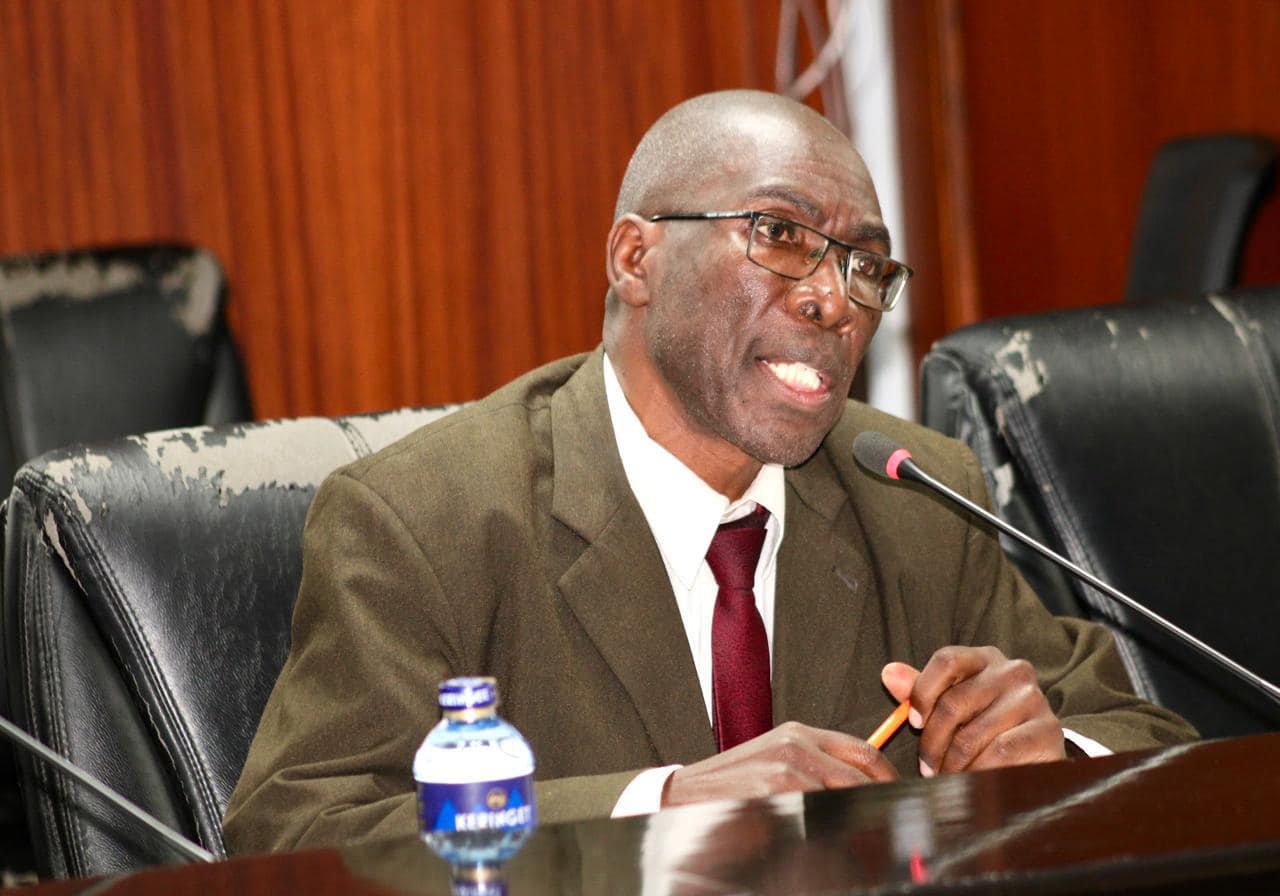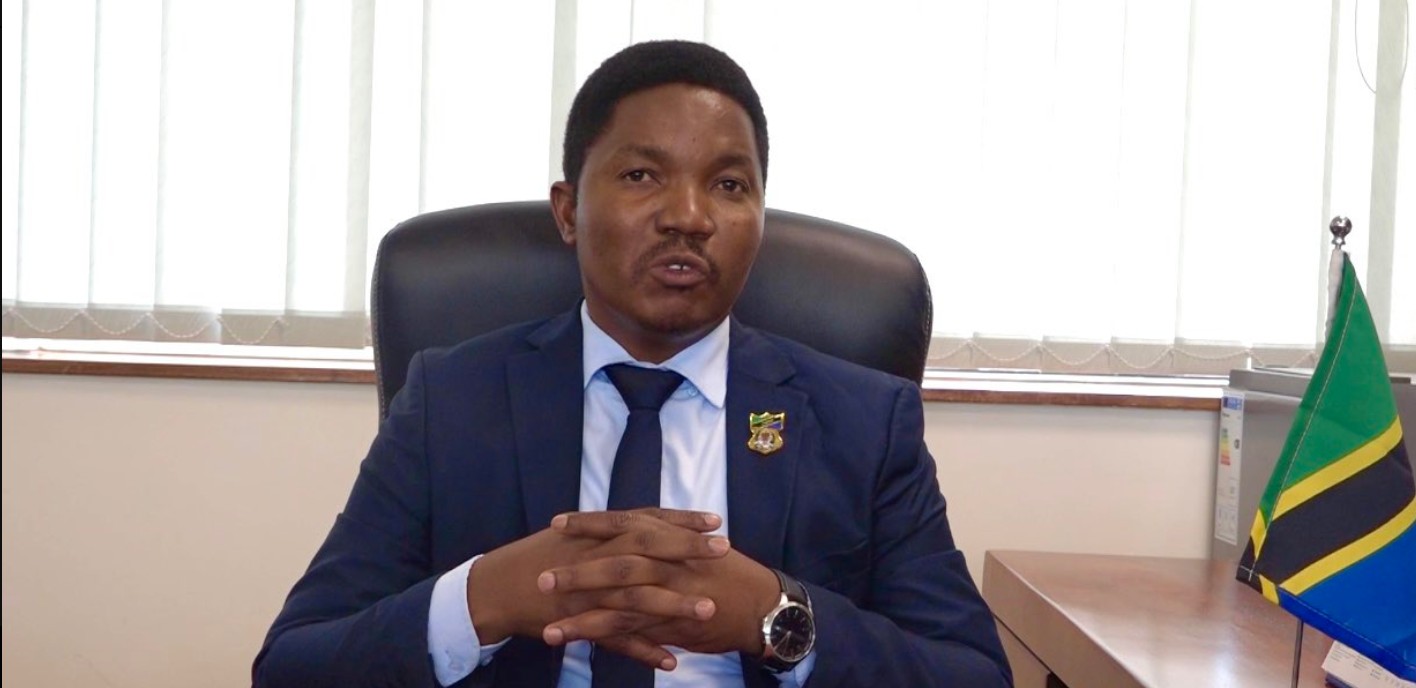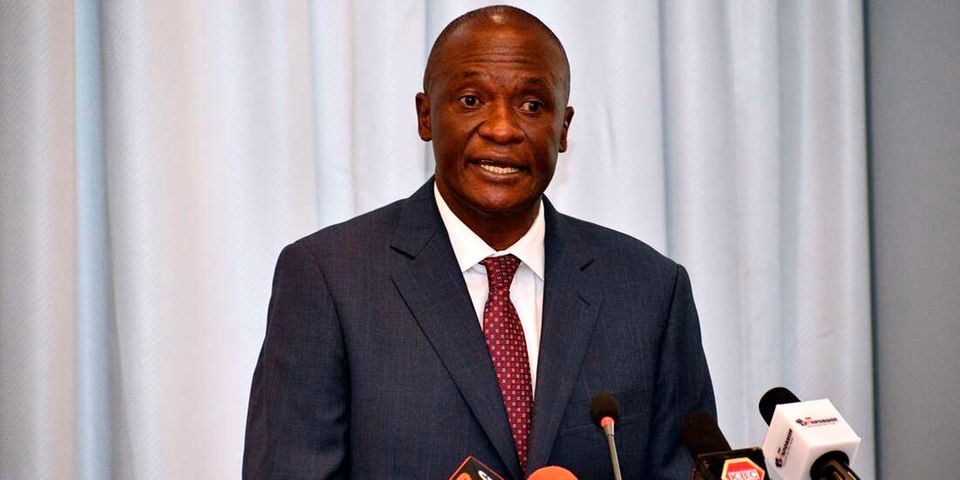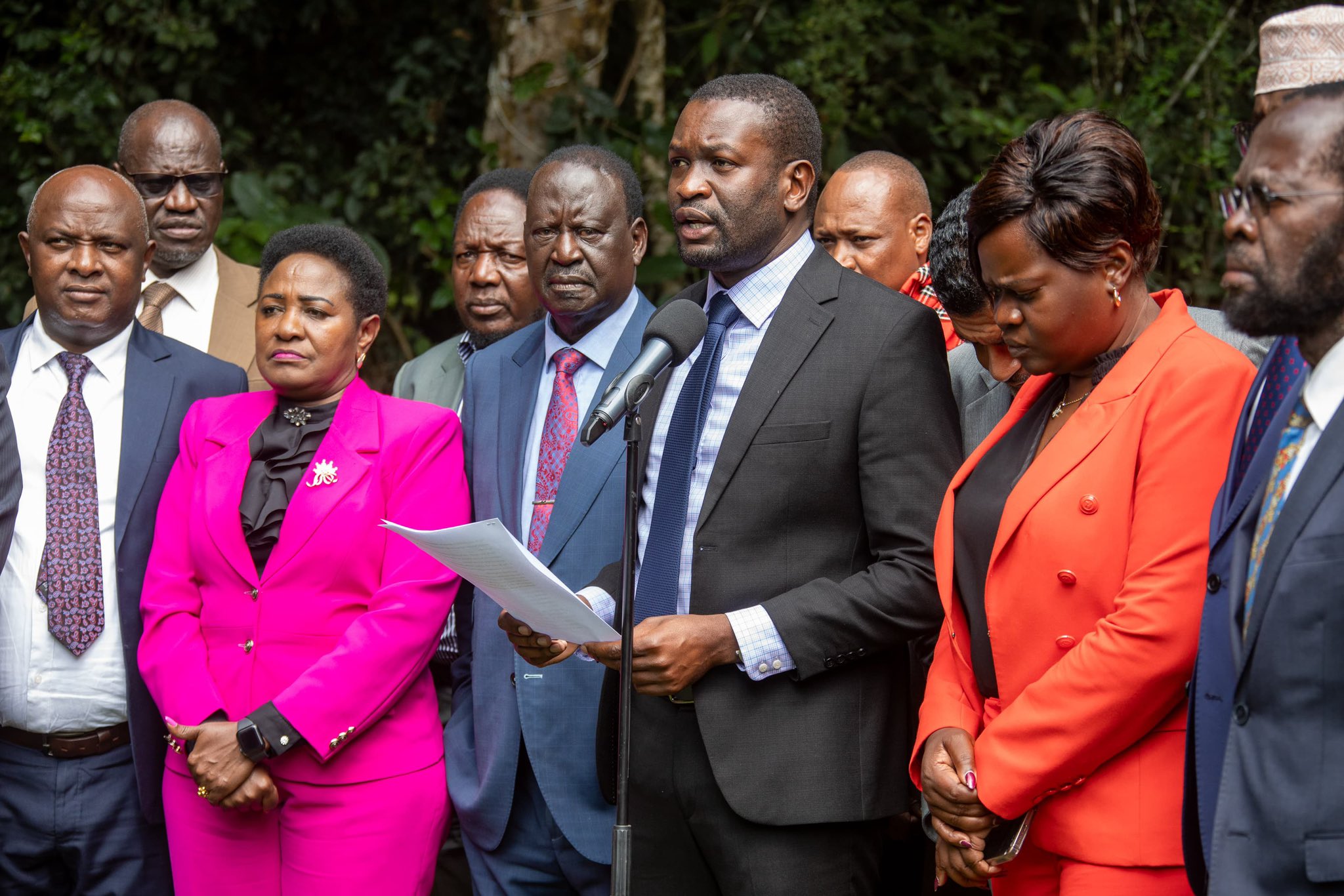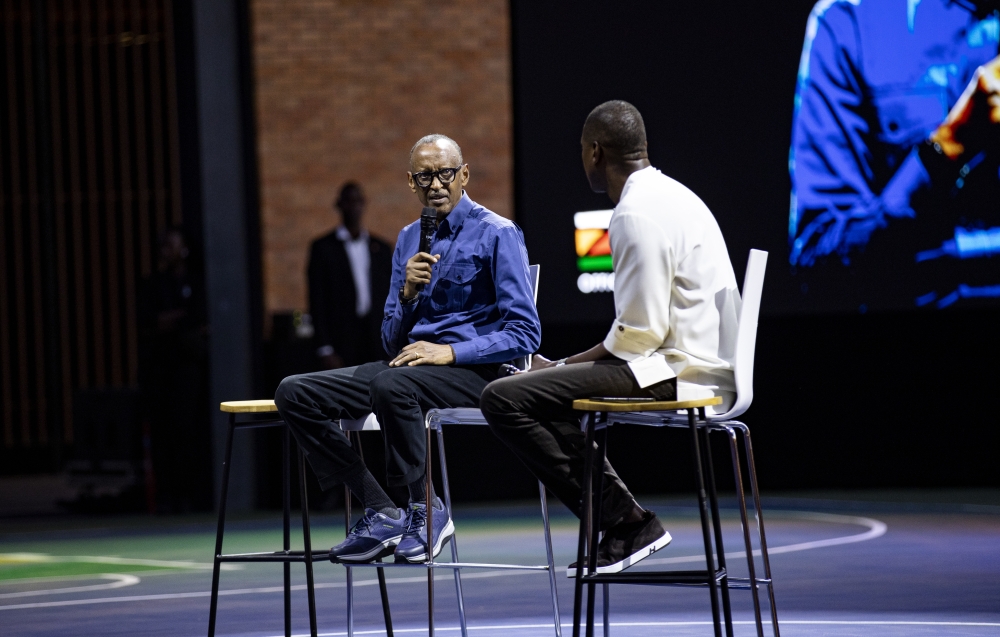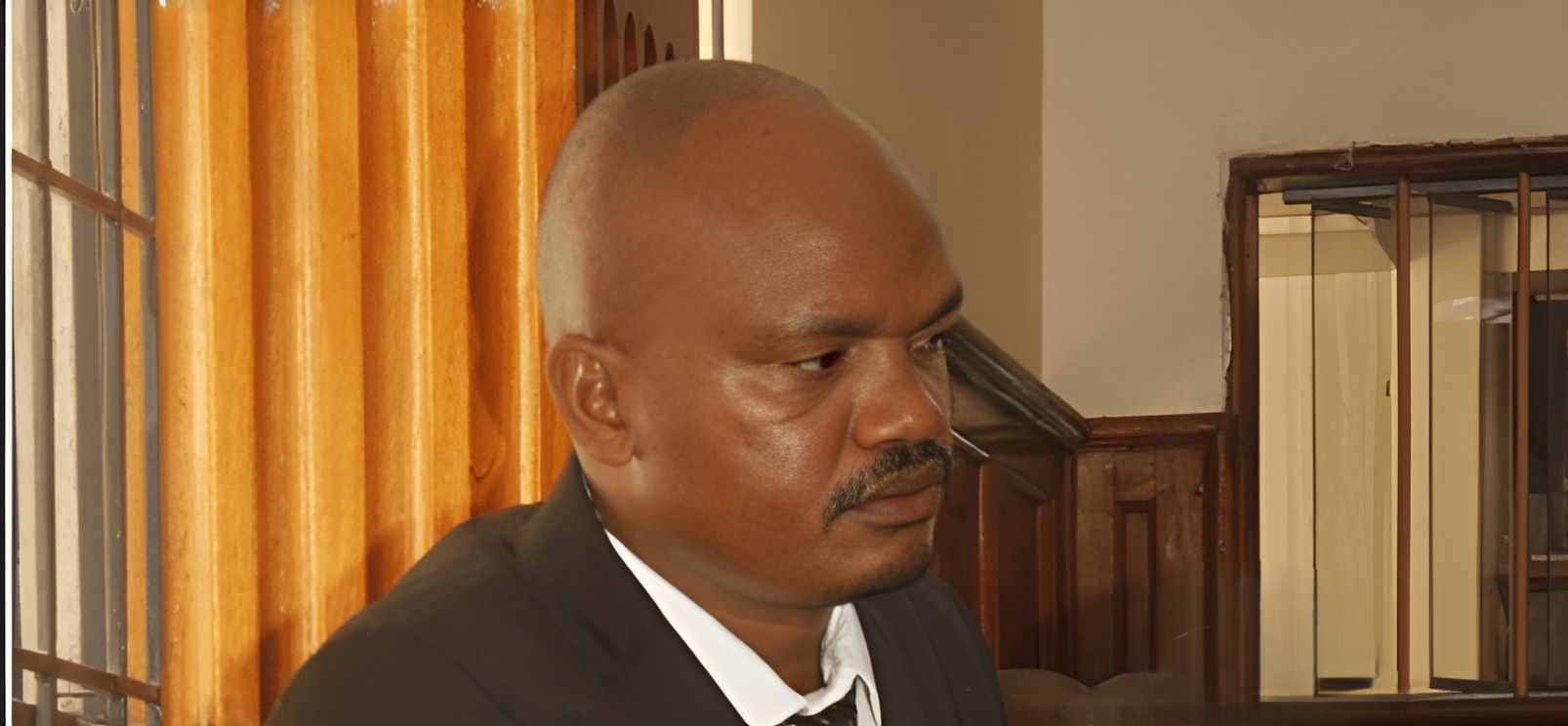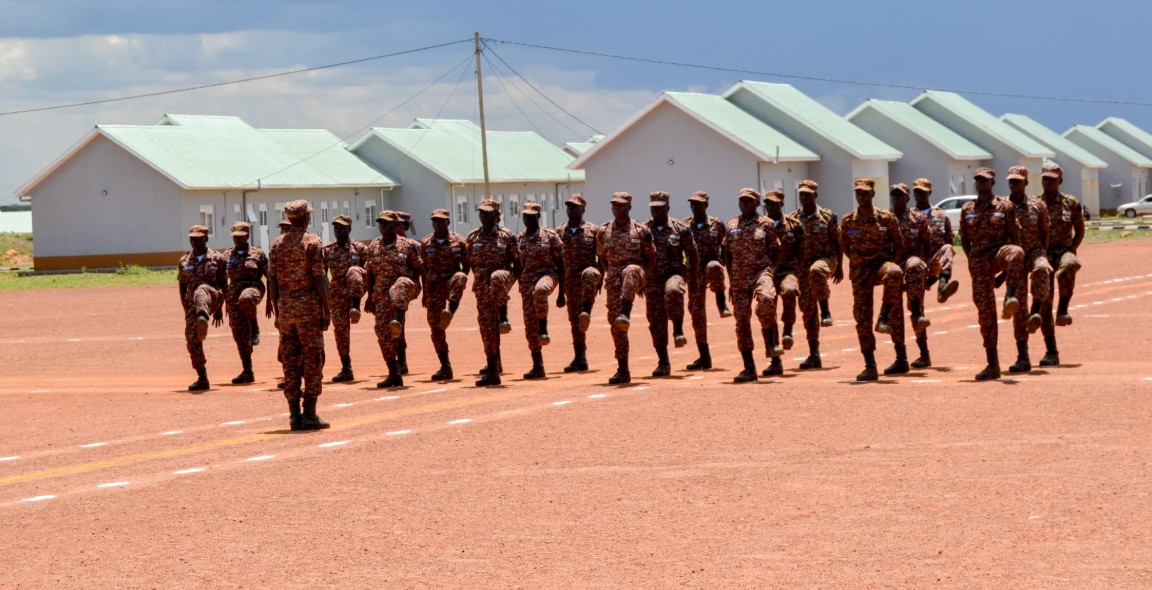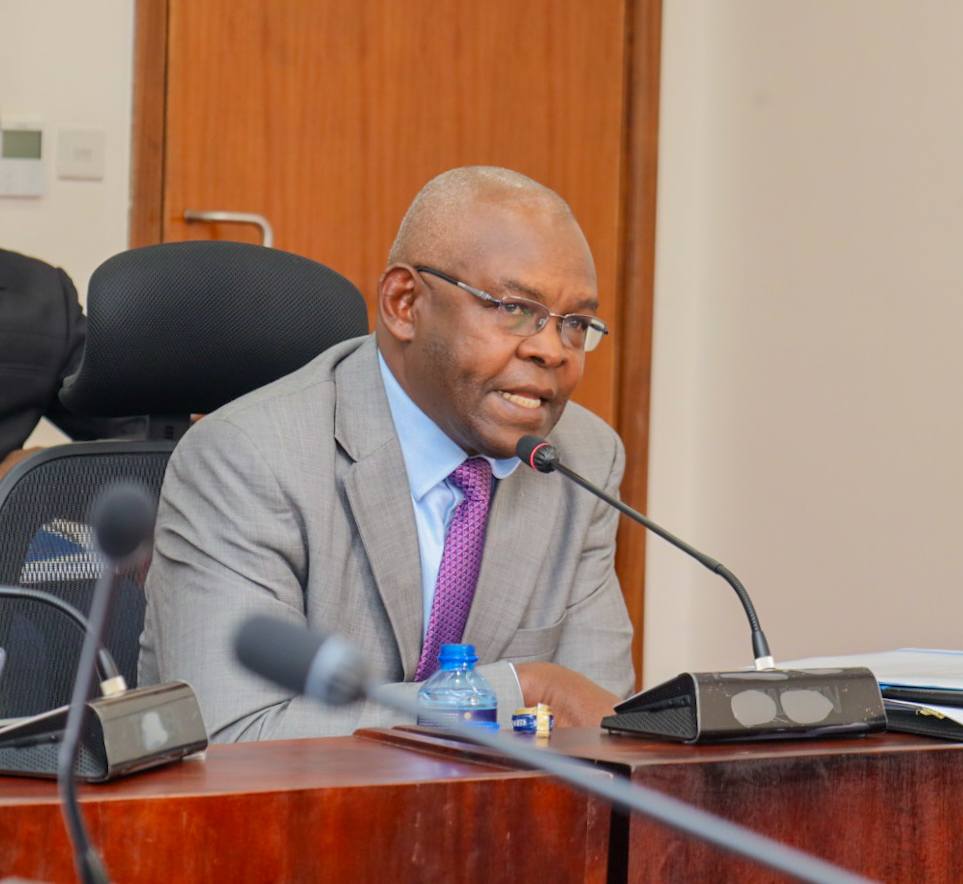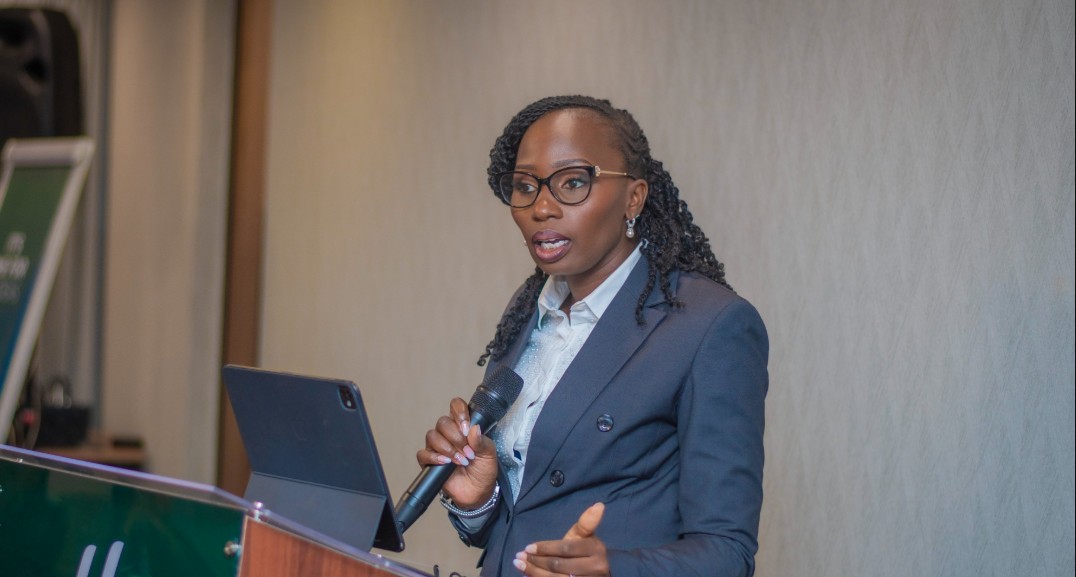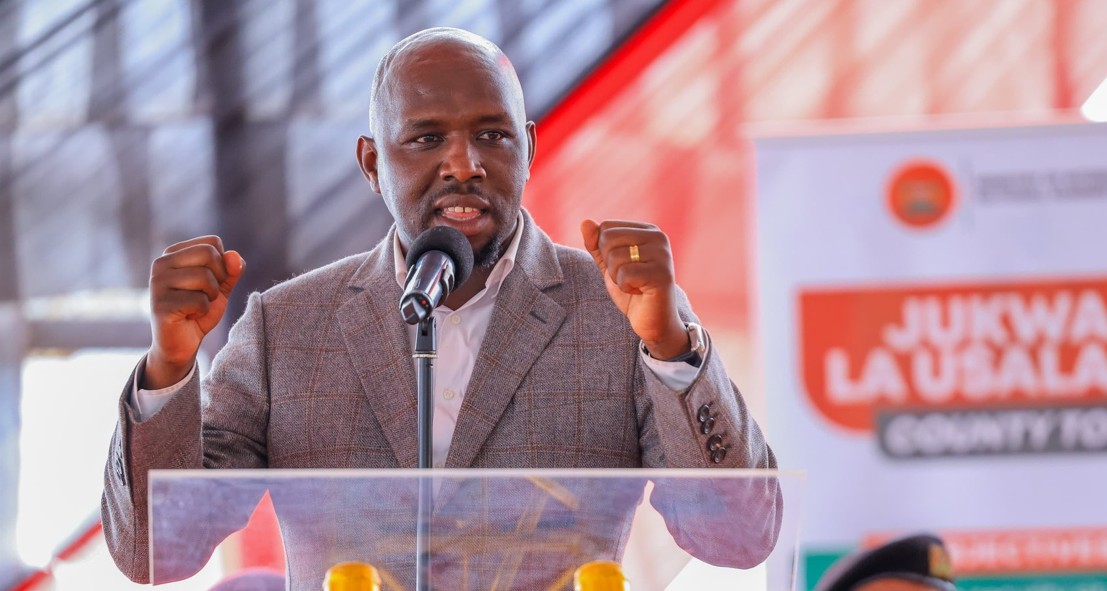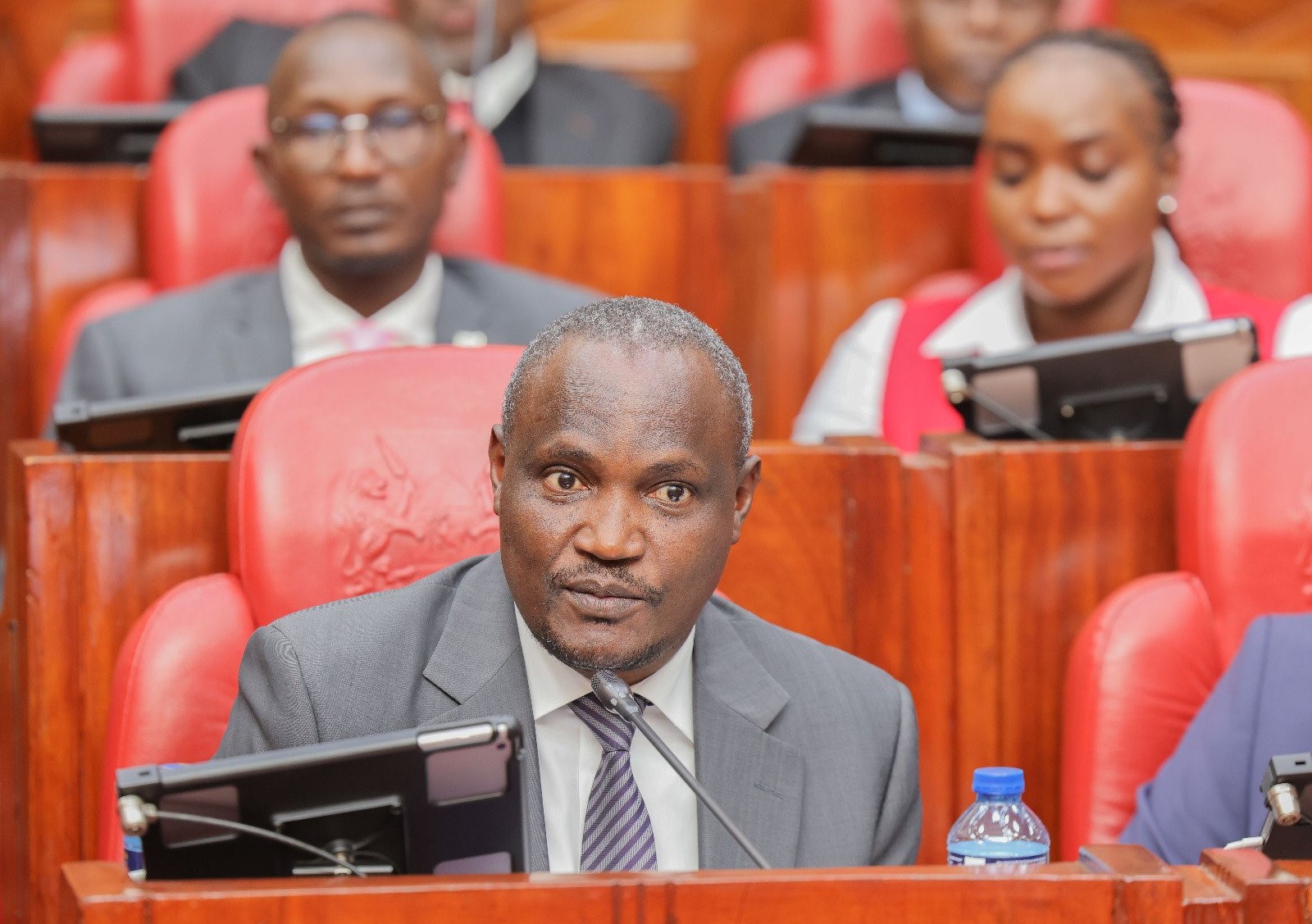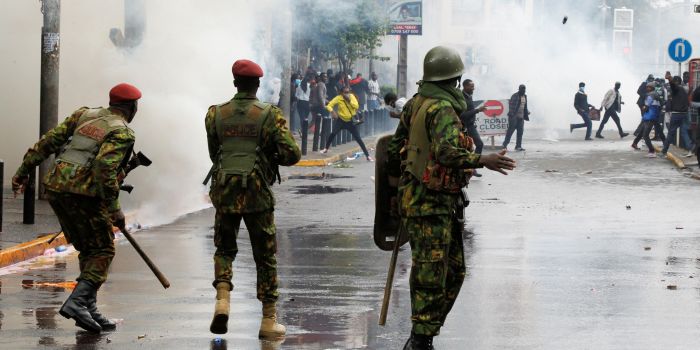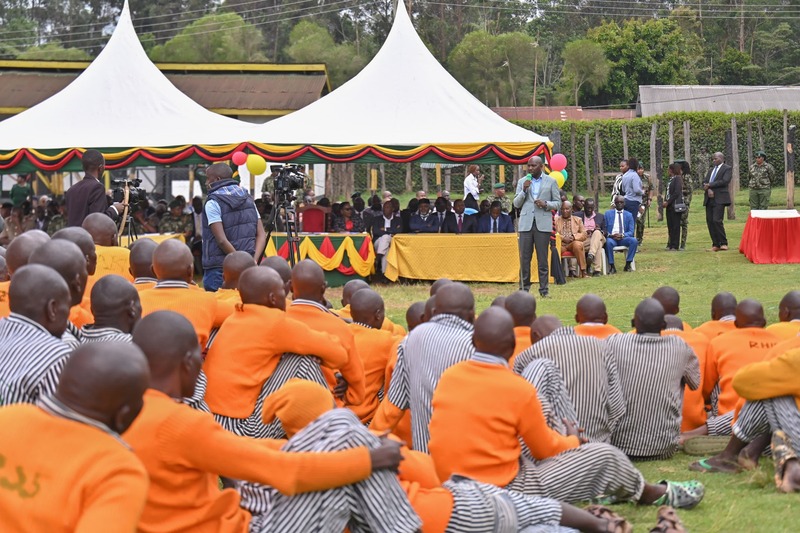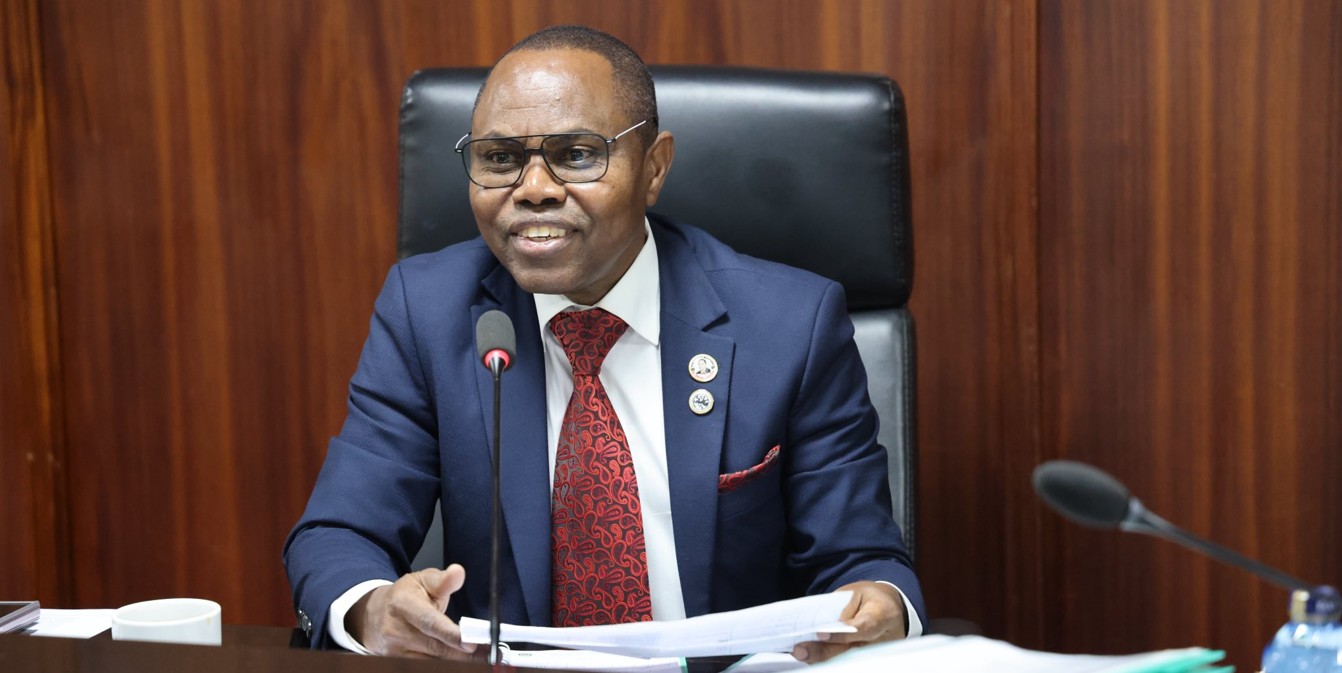Education Ministry denies capitation cuts amidst funding confusion
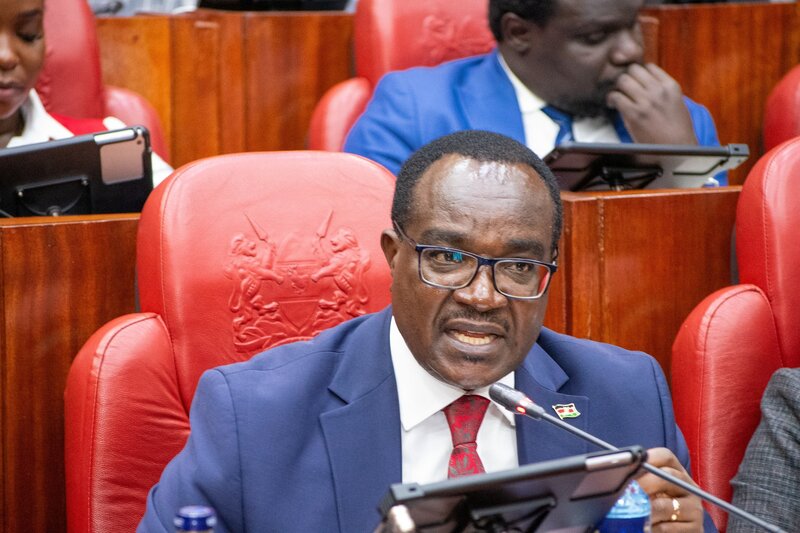
The CS urged politicians and education stakeholders to engage constructively in public discourse surrounding education financing, warning that misinformation could lead to unnecessary public anxiety.
The Ministry of Education has called for calm amid growing confusion over school capitation, clarifying that no decision has been made to reduce funding for learners.
Speaking during a public forum, Education Cabinet Secretary Julius Ogamba stated that the government has neither proposed nor implemented any changes to the current capitation levels.
More To Read
- Ruto affirms commitment to free, quality primary and secondary education despite budget strain
- CS Mbadi fires back at critics over school capitation shortfall, pins blame on Parliament
- Education CS Julius Ogamba put to task over Sh1.3 billion 'ghost school scandal'
- State slashes secondary school capitation to Sh16,900 per learner, citing financial unsustainability
- Report exposes funding gaps, staff shortages and infrastructure failures in schools
- Sh540 million loss: Auditor General Nancy Gathungu exposes irregularities in book distribution
“Nobody has ever said that we are reducing the money from Sh22,000 to Sh16,000. I don’t know where that came from. Even my colleague never said anything close to that,” he said.
The CS urged politicians and education stakeholders to engage constructively in public discourse surrounding education financing, warning that misinformation could lead to unnecessary public anxiety.
“We are all in this together. What happens in budget-making is a matter of looking at available funds and allocating them across ministries. The education sector deserves and will continue to receive the support it requires,” he said.
Ogamba challenged leaders to offer viable solutions and propose new avenues for funding the sector, rather than portraying the education system as broken.
He further reaffirmed the government’s commitment to ensuring a seamless transition across educational levels, assuring parents and learners that no student would be disadvantaged due to funding concerns.
“We are producing the best human resource capital in Africa. Our education system is strong, and we are not going to fail. The children will be in class, transition will happen, and any challenges will be addressed, whether through supplementary budgets or other measures,” he said.
The CS also praised the collaborative role of Members of Parliament, county governments and international development partners in strengthening education infrastructure and delivery across the country.
CS Ogamba called on all stakeholders to remain focused on solutions and support the Ministry’s mission to deliver quality education for all Kenyan children.
Last week, Treasury Cabinet Secretary John Mbadi announced a plan to reduce capitation for day secondary school students from Sh22,244 to Sh16,900 per learner, warning that the current model of free education is financially unsustainable under existing budget constraints.
Appearing before the National Assembly’s Departmental Committee on Education, Mbadi attributed the shortfall to Kenya’s mounting debt obligations and tight fiscal space. He also blamed Parliament for approving lower education budgets than required, saying the Treasury can only disburse what is allocated.
“We disbursed the whole amount allocated in the budget, but still, it is not enough,” Mbadi said.
“So the only thing I did yesterday was to confirm that yes, we have allocated so much budget and we are giving it in full. But it is not enough to give every child in Kenya Sh22,000.”
Under the current education funding policy, learners in day secondary schools are entitled to Sh22,244 annually, junior secondary students Sh15,000 and primary school pupils Sh1,400. However, Mbadi admitted that the Treasury has never been able to fully meet the secondary school target.
“If you divide the current budget by the number of students in secondary schools, you will only get about Sh17,000 per student. That has been the reality even during Uhuru Kenyatta’s tenure,” he said.
He criticised MPs who have been vocal about the capitation gap, pointing out that they are the same legislators who approved the reduced allocations.
“The latest budget, the capitation we had proposed, Parliament reduced it further. So once a budget has been allocated, where do I get the money to pay the full Sh22,000?” he posed.
“Whatever is there will be paid in full. The first and second terms have been paid in full. We are waiting to pay the third term, but that money is not enough.”
Kajiado South MP Parashina Samuel, who was also present during the discussions, echoed Ogamba’s sentiments and criticised colleagues for politicising the issue and misleading the public.
“This is not the time to mislead the public,” Parashina said.
“We must stop using capitation to score political points. Our children’s education is at stake, and we must protect it by telling the truth and supporting the government’s efforts.”
The MP described some of the statements made by fellow legislators as “careless and misleading,” warning that they risk triggering unwarranted panic among parents and school administrators.
Top Stories Today
Reader Comments
Trending

